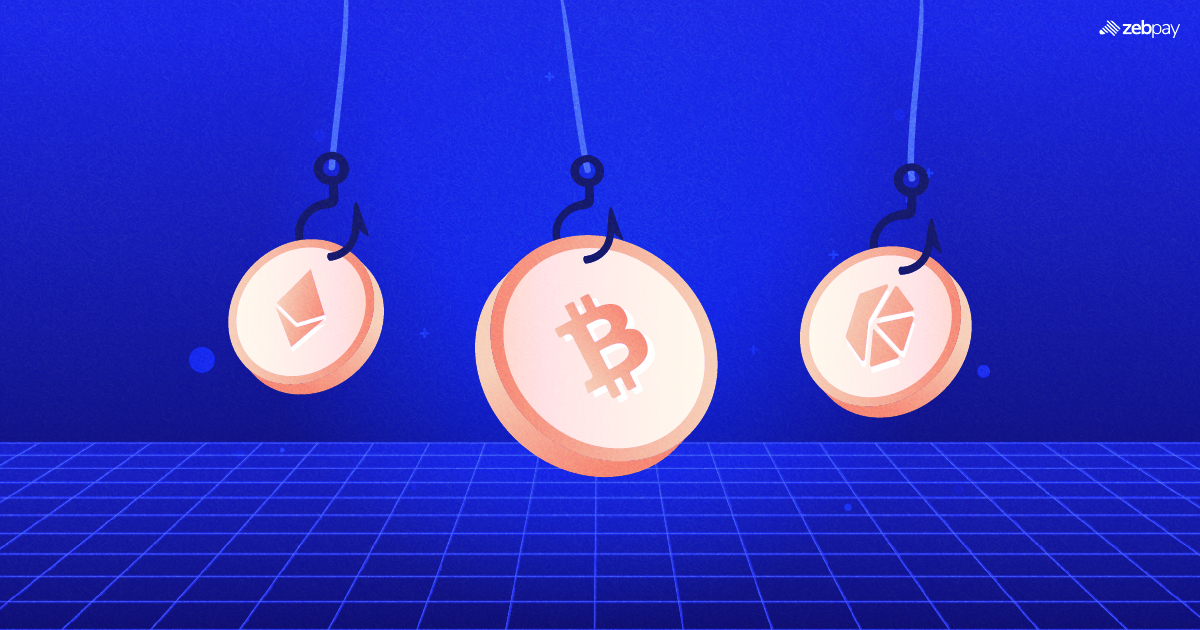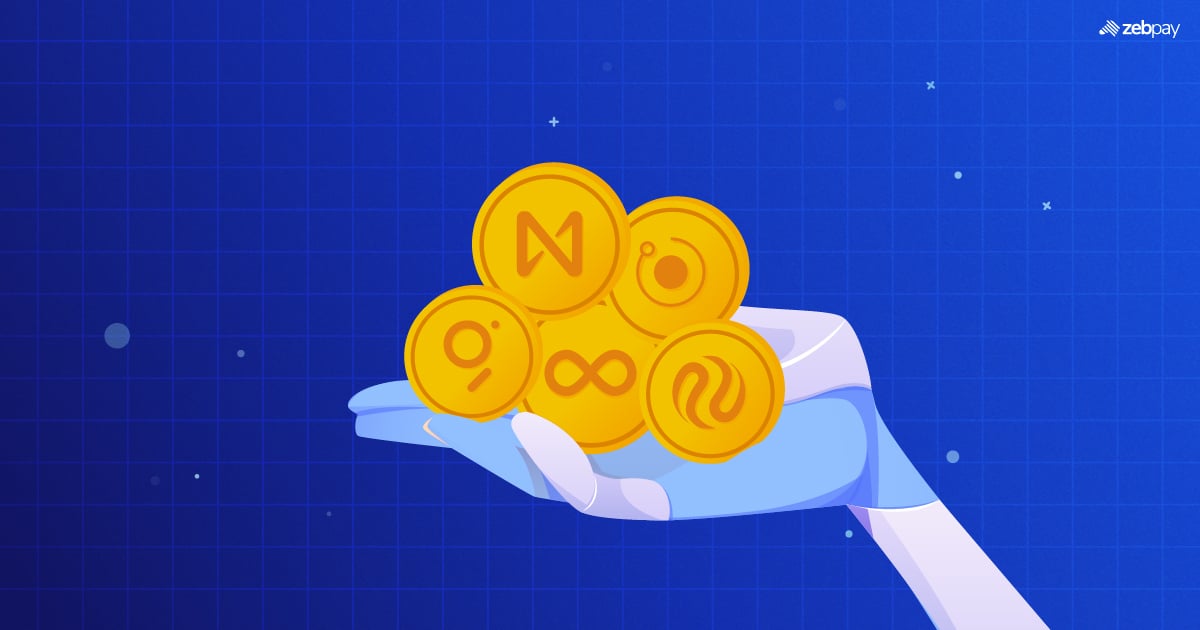Since the Internet became an integral part of our lives, we have been encouraged to prioritize online safety. We’ve learned the importance of being cautious with unfamiliar links and protecting our personal and financial information. With the rise of online banking and the rapid growth of the crypto industry, staying secure online has become even more important. While phishing scams have existed for some time, the ongoing innovation in the blockchain sector also presents opportunities for enhanced security, empowering crypto users to better protect themselves and take full advantage of this exciting space.
What is Phishing?
Phishing is a type of scam that tricks you into giving up your private information. In crypto, it involves your private key or other passwords to exchanges and wallets. Scammers act as genuine companies to persuade you into paying fake “fees” or giving them your login credentials. Once they receive the information, they can enter your account and empty the funds. As the crypto space is rapidly expanding, scams are also proliferating. Some may target you as an individual, while others will send mass emails hoping someone gives up their information. Some ambitious attackers even set up fake companies or coins to cheat people out of their money.
As reported in Certik’s Hack3d: The Web3 Security Report 2024, phishing emerged as the leading cause of financial losses in the crypto industry in 2024, with $1,050,129,498 stolen across 296 incidents. Among these, three phishing attacks resulted in losses exceeding $100 million each. This represents almost 50% of the total value stolen in the crypto sector that year and 39.1% of the total number of incidents, suggesting that phishing attacks, on average, lead to larger losses compared to other types of security breaches.
How are Phishing attacks carried out?
Phishing attacks typically involve sending emails or text messages that appear to come from legitimate companies or fake entities created by the attackers. These messages often claim that there are problems or suspicious activities in your account that require immediate action. Sometimes, they might even present enticing investment opportunities with promises of high returns.
The messages usually contain links that appear to be a way to resolve the issue by updating your account settings. However, these links direct you to fake websites that closely resemble the real ones, making it difficult to identify the scam. Once you enter your account details on these fraudulent sites, the attackers gain access to your account and can hijack it.
Read about: Cyber Security in the Web3 Era
Private key compromises, as highlighted in Certik’s Hack3d: The Web3 Security Report 2024, are another common threat in the crypto industry. In 2024, $855,385,570 was stolen across 65 incidents of private key theft. This, along with the ongoing prevalence of phishing attacks, highlights the significant risks that crypto users face. Phishing and private key theft were consistently active throughout the year, with high levels of activity in all four quarters, showing just how persistent these threats are to crypto users.
While phishing is the most common method, hackers employ a variety of tactics to exploit vulnerabilities and steal assets.
Types of Crypto Phishing Attacks
Pharming
This attack redirects you to a fake website even if you access the correct link. This is done by hijacking the Domain Name Server(DNS) of a website. The DNS is responsible for converting the link you type into the IP address of the website.
When the DNS is hacked, entering even the correct link can send you to the fake website, since it takes your link to a different web address. This website may look and feel identical to the original and prompts you to enter your private information.
Spear Phishing
Spear phishing is similar to general phishing attacks, but it involves using specific information about you. Instead of being a generic email, the attackers include some publicly available information about you like company roles or phone numbers to make it seem more authentic.
This may prompt you to believe that the email is from an acquaintance or colleague. If you receive unfamiliar emails from people who seem authentic, always be sure to double-check the email address and details of the message before entering information.
Whale Phishing
This is identical to spear phishing, except for its targets. Whale phishing targets high-ranking personnel in organisations, such as CEOs or directors. It is also known as CEO fraud as they are usually the targets.
Unlike credentials from a lower-ranking official in a company, obtaining the CEO’s credentials may mean control over every aspect of the company’s systems or accounts. This enables attackers to obtain larger sums of money or personal details of users and employees than other targets.
Crypto-Jacking
This is the process of using your system’s resources to mine crypto tokens. While it may not always be the result of a phishing attack, sometimes downloading from unfamiliar links may install such crypto miners on your computer.
You may notice slow and sluggish performance or lower battery life on your system. This is a result of the mining app running in the background. It enables attackers to profit from your resources. This may not even be detected until much later.
Crypto Malware
Some attackers may take complete control of your system. This is also known as ransomware. Hackers lock you out of your computer or mobile device, preventing you from using it. This also gives them access to all data held on your computer. The attackers may then threaten to delete this data or post your private information publicly.
In exchange for giving up their control over your system, the hackers may demand large sums of money in crypto.
Read about: what are crypto investment scams
How To Prevent Phishing Attacks?
- Double-check every email before clicking on a link or attachment
- Use strong or randomised passwords for each account you use
- If you are redirected to a website, ensure the link is legitimate and not a duplicate
- Never give out your passwords or private keys on email, text or phone calls
- Enable multi-factor authentication to ensure a randomised code is required for new logins
- Avoid untrustworthy wallet services or exchanges
Final Thoughts
Staying safe online is crucial, particularly when it comes to protecting your financial information. In the crypto world, phishing attacks don’t just give hackers access to a single service; they can also expose your linked bank accounts and other connected services. By taking the right precautions and remaining cautious of unfamiliar messages, you can help ensure your accounts stay secure.
Read more: Top 10 crypto to invest in 2025







